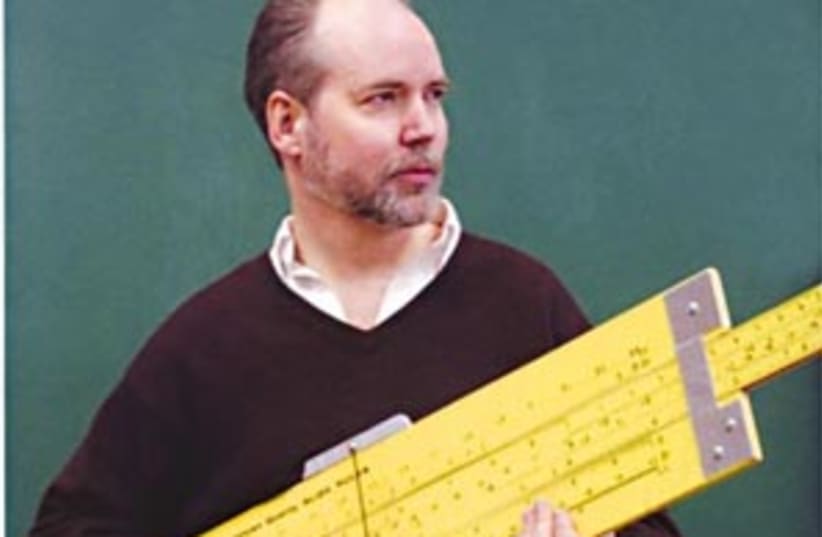| JPOST.COM HIT LIST | |
| JPost.com's most popular articles this past week |
Generation JPod
Douglas Coupland on the blurred boundaries between high and low culture, literature and art.


| JPOST.COM HIT LIST | |
| JPost.com's most popular articles this past week |